
Imprinting: The Great Debate
When it comes to equine education (training), horse owners face as many conflicting viewpoints as new parents.

When it comes to equine education (training), horse owners face as many conflicting viewpoints as new parents.

Aspiration site should depend on clinician preference, as the cells from both sites behave similarly.
Mixed study results indicate more research is needed to determine dosing frequency and therapeutic window.
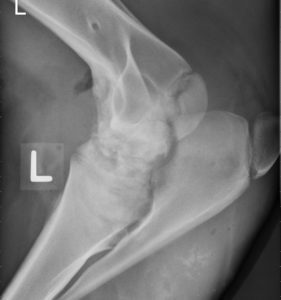
Treatment goals should be to aid in performance without eliminating the joint’s natural response to injury.
Topics discussed included diagnostic methods, types of back pain, kissing spines, and treatment methods.

Understanding genetic determinants for health conditions can help us identify and manage predisposed horses.
Important factors to consider when buying a horse include use, conformation, temperament, health, and history.
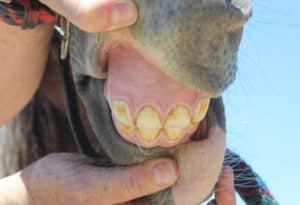
Horses’ teeth are very different from humans, and they need special dental care at least annually. Learn about routine dental exams, common dental problems, and routine equine dentistry procedures with Dr. Christy Corp-Minamiji.
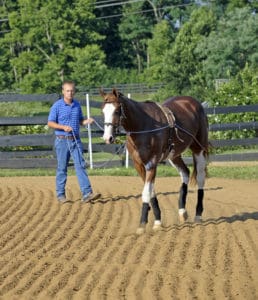
The second year of a horse’s life brings significant changes not only in his development but also his use.
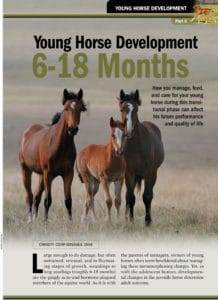
How you manage, feed, and care for a young horse can affect his future performance and quality of life. Weaning, diet, housing, growth patterns, and proper preventive care can help your youngster develop into a healthy adult horse.
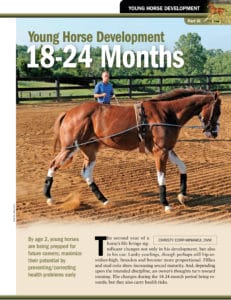
The second year of a horse’s life brings significant changes not only in his development, but also in his use. Lanky yearlings, though perhaps still hip-or- wither- high, broaden and become more proportional.
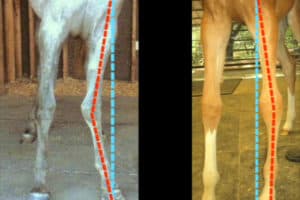
Learn about leg conformation and angular, flexural, and rotational limb deformities in horses such as bow legs, knock knees, and club feet, and when to call the vet about these problems with Dr. Christy Corp-Minamiji of Davis, Calif.

With horses now living well into their 20s and 30s, owners need to implement care and management practices tha
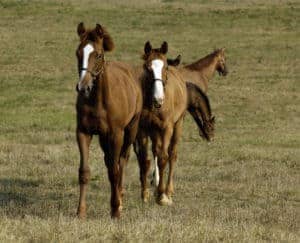
How you manage, feed, and care for your young horse can affect his future performance.

Why and when should you geld or castrate a stallion, and what’s involved in the procedure? How should you care for the new gelding afterward? Dr. Christy Corp-Minamiji of Davis, California, explains.
Learn about the factors contributing to a foal’s healthy development as he grows into a young horse: Genetics, nutrition, social development, immunity, growth rates, weaning, hoof care, and more.
Stay on top of the most recent Horse Health news with